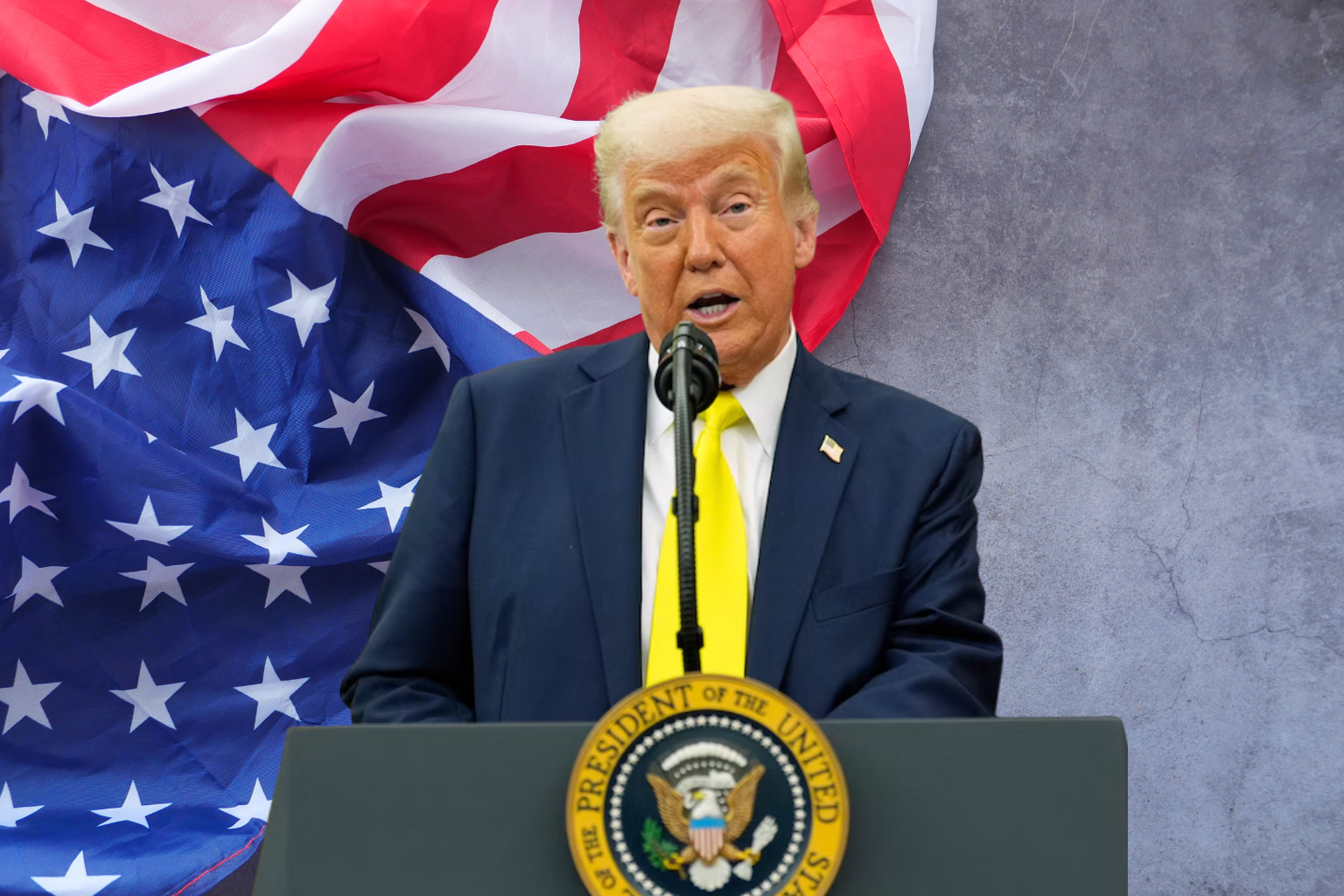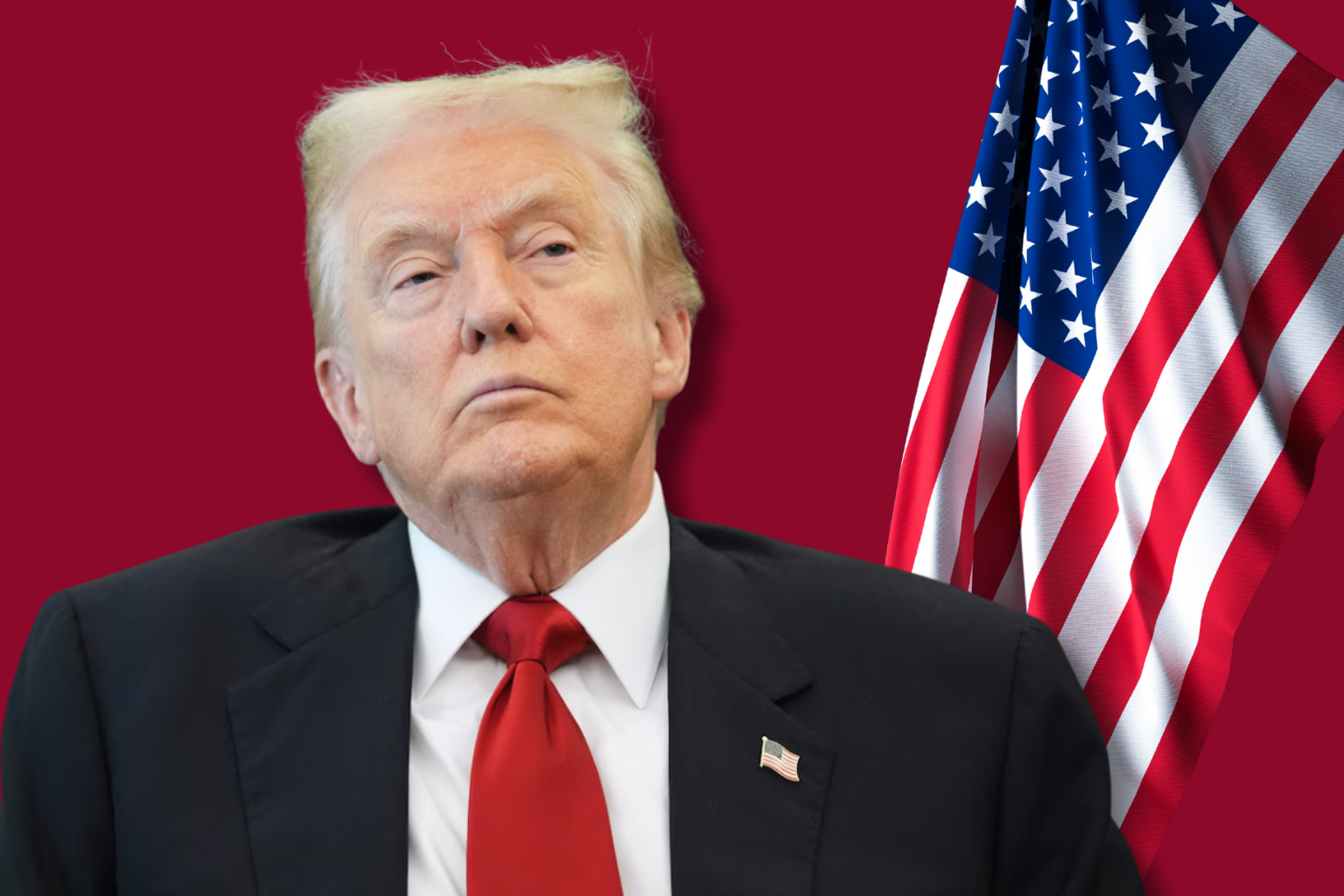Trump Moves to Deploy Guard Troops in Portland Amid Legal and Political Clash

President Donald Trump sent 200 Oregon National Guard troops to Portland to safeguard immigration enforcement sites and fight “domestic terrorists.” He said on social media that Portland was “war ravaged” and under threat, ordering “full force, if necessary.” State and municipal politicians immediately opposed the deployment as unconstitutional, unnecessary, and political.
In a Department of Defense document, the federal government authorized those 200 guard personnel to perform federal duties for 60 days. The action escalated a months-long disagreement about how far the president can send troops into U.S. cities, especially when local law police, governors, and judges protest. Oregon governor Tina Kotek rejected the justification, saying there is no uprising or danger to force military action. Misrepresenting Portland’s situation might damage public trust and exacerbate tensions, she said.
Oregon and Portland challenged the deployment in a federal lawsuit. Their complaint claims that Trump’s administration is violating state sovereignty by federalizing the state’s guard for law enforcement. The action was “unlawful,” according to Oregon Attorney General Dan Rayfield, who denied widespread violence and siege.
Keith Wilson, Portland’s mayor, said the “number of necessary troops is zero” and criticized the idea that Democratic cities are lawless. Local and state officials say protests near the city’s ICE facility have been calm and controlled by law enforcement. They claim using federal military power against civilians in their streets sets a bad precedent.
Legal experts say the deployment will lead to a high-stakes lawsuit. Active-duty troops cannot be used for domestic law enforcement unless authorized by laws under the Posse Comitatus Act. The president may activate the Insurrection Act or comparable authorities, but that’s usually reserved for big rebellions or civil upheaval, not protests. Even when federal officials claim jurisdiction over courthouses or immigration facilities, courts have knocked down federal forces’ arrests, crowd control, and searches in U.S. cities.
The Trump drive to send troops to Portland is not new. The administration sent National Guard and federal agents to Los Angeles and Washington, D.C., this year, often against state leadership’s wishes. Each action has triggered civil liberties and executive authority debates, court challenges, and controversy. The Portland case may determine whether courts will uphold government deployments.
Federal authorities have not yet confirmed the guard’s tasks in Portland or whether active-duty troops will be sent, but the announcement has major political implications. Many analysts see this as part of a larger strategy to use military force for domestic politics. Right now, stakeholders on both sides are preparing for legal, political, and social conflicts for public safety and constitutional rights.
Sources
Associated Press, Reuters, The Guardian, Politico




